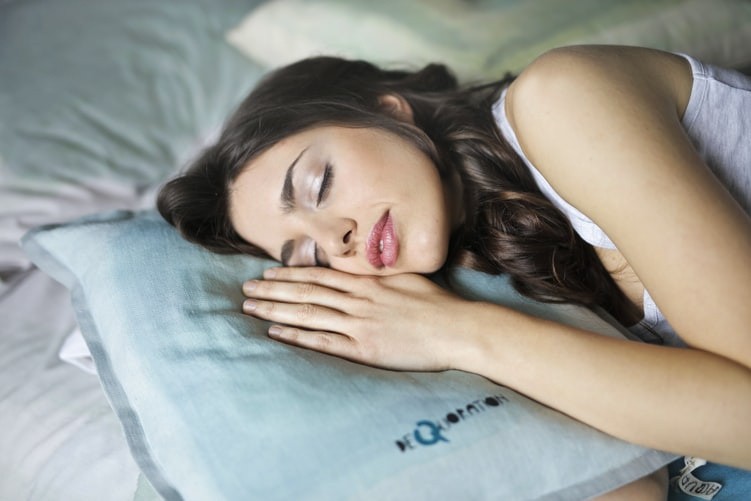Does a Smart Light Bulb Affect Sleeping Pattern?
The circadian rhythm or sleeping pattern of a person is affected in different ways. Researchers look into the effect of smart light bulbs on the sleeping pattern.

People have some habits they do at night that may affect their sleeping patterns. Some of these are watching televisions and using gadgets that emit light. These are among the factors that affect the sleeping hours of a person. And it has been proven in different studies.
According to the American Sleep Association, more than a third of American adults in the country sleep less than seven hours a night. This sleeping pattern could affect one's health or even the cause of death, according to a published article in CNN Health.
Read also: The Reasons Why Sleeping Too Long Can Negatively Affect Cognitive Skills
Another factor why many people sleep less than seven hours nightly is due to a busy modern life. However, this is not a good practice because it affects the body's natural sleep-wake cycle called the circadian rhythm.
There is a new study that discovered the science behind the best lights that affect sleep, mood, and learning. Scientists at the University of Washington found how cells in the eye respond to different colored lights, which signals a part of the brain that regulates our circadian rhythm.
This discovery led the TUO Company to create a LED light bulb that can help a person energize in the morning and stay calm at night.
Joey Chan, associate professor of psychiatry at the Chinese University of Hong Kong, said that the circadian rhythm is an internal body clock that runs in approximately 24 hours.
He noted that every person has a different circadian rhythm ranging from "morning larks" to "night owls." Chan also said that the circadian rhythm is responsible for sleep.
"It also affects our mood, our neural connections, our memory, physical performance, and the cardiometabolic functions," he added. However, he said that persons living in cities or a modern environment had disrupted this internal clock or circadian rhythm.
He explained that environmental stimuli trigger the circadian rhythm and the most important of it is light. This means that exposure to light suppresses melatonin, or sometimes referred to as the sleep hormone.
Television, phones, and laptop screens produce blue lights, and our eyes are very sensitive to it. It is one of the reasons why watching television or using phones before bedtime can impact our hours of sleep. But it turned this is not the only light that affects the circadian rhythm.
A group of researchers from the University of Washington also found that long-wavelength orange and yellow light, along with contrasting violet light, are also very important. These are the colors that occur naturally at sunrise and sunset.
The university has created a light bulb that uses different types of light to either wake-up or calm-down the body or to sleep and relax.
TUO co-founder and CEO David Basken said that the bulb could stimulate the circadian system by discreetly alternating between different light wavelengths.
Subscribe to Latin Post!
Sign up for our free newsletter for the Latest coverage!
© 2025 Latin Post. All rights reserved. Do not reproduce without permission.















